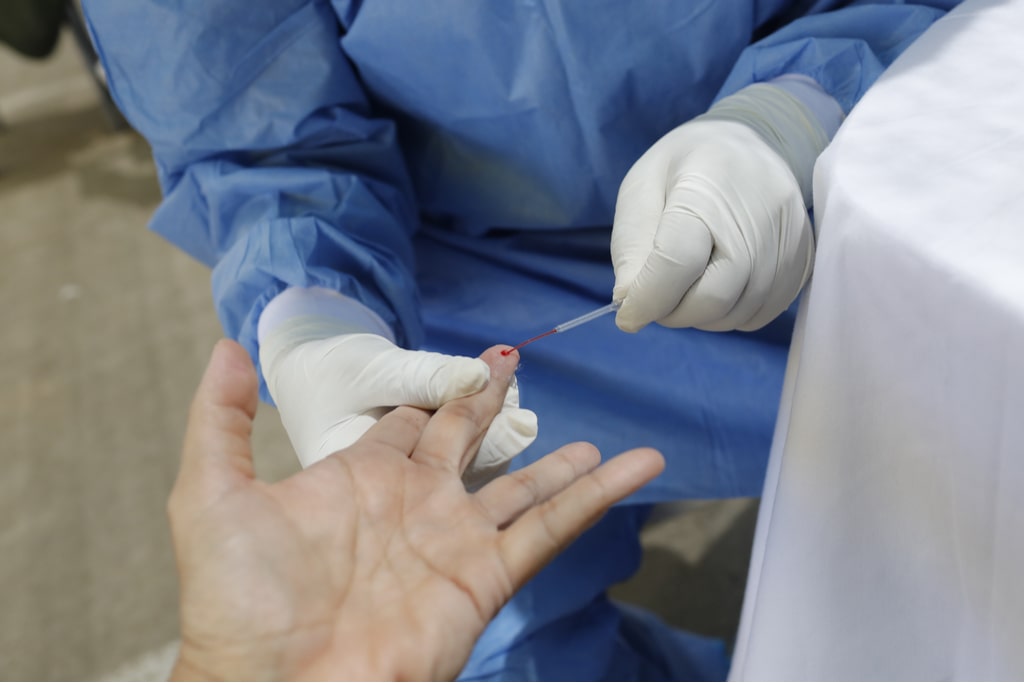
What we learnt about geopolitics of vaccine diplomacy and public healthcare during Covid-19 pandemic
Last updated on April 9th, 2021 at 09:16 am
Relationship between public health, security, diplomacy and geopolitics has been long established through centuries and tested over time through various situations. Pandemics, plagues and epidemics have been a part of human race and consistently has tested it’s endurance. The learnings from such global crisis are then passed over generations through recording data and the adapting them accordingly. The basic foundation remains same… social and global association and cooperation is the pre-requisite for sustainability of human race.
Antonine Plague of 165-180 AD, Spanish Flu of 1918 have underlined importance of public health and cooperation globally.
75th anniversary of the United Nations while celebrated achievements in global cooperation on public health front, it also highlighted how much still remains to be done as the world continues to grapple and scramble to contain ongoing Covid-19 pandemic.
Primal urge of humans for survival is the driving force behind international cooperation, so much that it might supercede it. According to the Global Report on Food Crises 2020, the COVID-19 pandemic will result in over a quarter of a billion people suffering acute hunger by year end. Conditions in African and South American countries is worsening as days go by with extreme cases surge resulting in impacted lives and livelihoods in already economically and politically flabbergasted areas.
Related Posts
WHO initiated vaccine alliance, Gavi Alliance, was established in 2020 to help poor nations mitigate shortage or unavailability of COVID-19 vaccines. This was the beginning of “vaccine diplomacy” globally – a channel through which UN, various agencies vaccine manufacturers, governments and private sector can communicate and ensure lower mortality due to Covid-19. Vaccine diplomacy has brought to table the essentiality around affordable and equitable distribution across nations.
During pandemic it was evident that financially strong nations like the US, EU and UK rushed to buy bulk amounts of vaccines, leading to a huge gap between vaccine availability in different parts of world. Gavi Alliance and vaccine diplomacy by countries like India (that enjoys being home to world’s largest vaccine manufacturer Serum Institute of India) can bridge the gap between vaccine availability and attaining a public health standardization in world.




